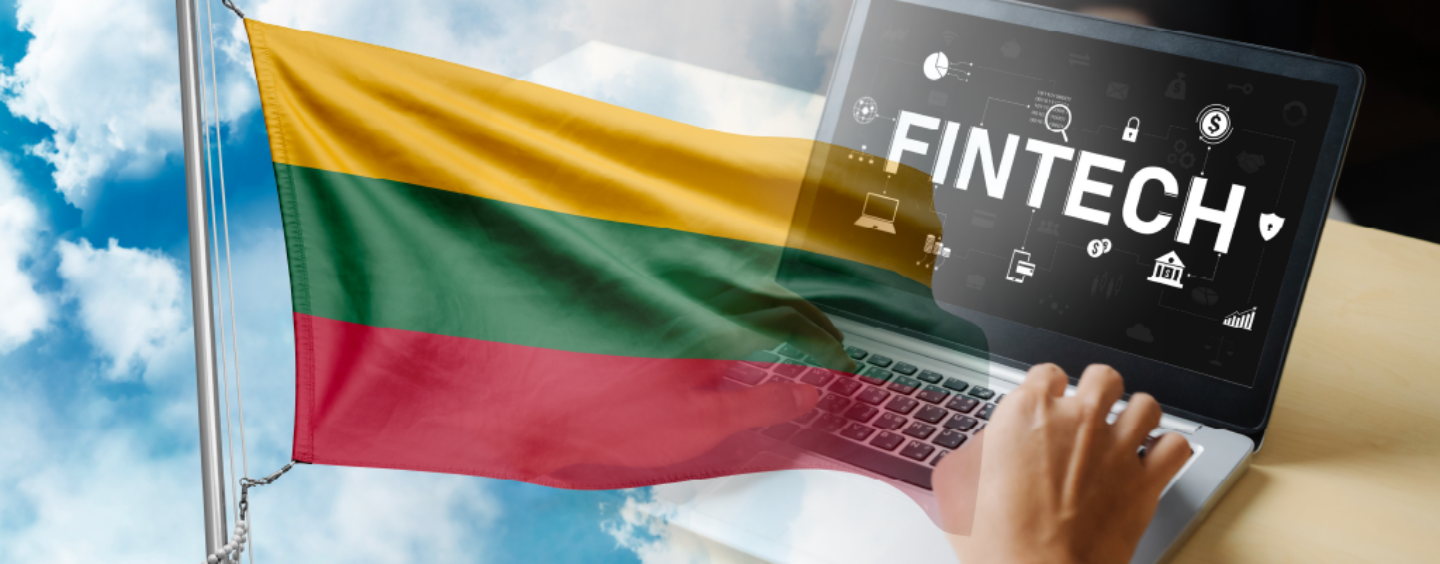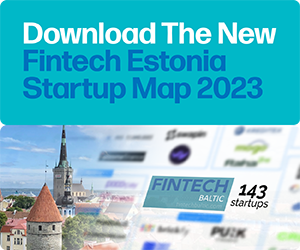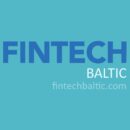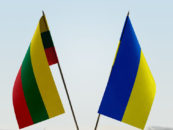
Lithuania’s Ecosystem Confirms New National Fintech Guidelines for 2023-2028
by Fintechnews Baltic July 3, 2023The main institutional actors in Lithuania’s Fintech ecosystem signed a Memorandum of Understanding confirming the National Fintech Guidelines for 2023-2028. The Guidelines, which consist of five separate directions, are aimed at improving the conditions for businesses and continuously developing an open, transparent and secure regulatory framework.
The Guidelines were drafted under the supervision of Lithuania’s Ministry of Finance, acknowledging the strategic importance and potential of the sector to the country’s economy. Today, the country is the largest Fintech hub in the EU by licences issued. It is also one of the lowest risk jurisdictions globally, according to the Basel AML Index. The Fintech Landscape in Lithuania 2022-23 Report published by Invest Lithuania revealed that more than 260 Fintech companies are now domiciled in Lithuania employing 7,000 people – a 19% increase over 2021.
The Guidelines comprise 5 directions that include: “Supporting the quality growth of Lithuania’s Fintech sector”, “Attracting innovative Fintech solutions to Lithuania”, “Lithuania as a Fintech centre of competence, “Lithuania as a safe and reliable jurisdiction”, “Lithuania as an internationally renowned European Fintech hub”. Each of the directions is assigned a concrete project owner and several cooperating institutions.
 According to the Minister of Finance, Gintare Skaiste, the signing of this MoU and the division of responsibilities provides a clear roadmap for sustained excellence and growth:
According to the Minister of Finance, Gintare Skaiste, the signing of this MoU and the division of responsibilities provides a clear roadmap for sustained excellence and growth:
During the past six years, Lithuania has witnessed rapid growth in the fintech sector, and advancing it further is one of our priorities. That is why we are not only seeking to strengthen our position as a regional fintech hub, but also aiming to become a globally recognized high-value added fintech center. These fintech guidelines have brought together the most influential experts from Lithuania’s institutions, businesses, and associations. The outcome is a document that defines long-term national and international goals for the entire sector.
Specific KPIs are attached to each of the five directions. These include an annual sector turnover growth rate of 30% and 35 million customers spread out across companies licensed in Lithuania by 2028.
“Today, more than 25 million Europeans are benefiting from the financial services of companies licensed in Lithuania. This is both an acknowledgement of Lithuania and a significant responsibility. Recent events in the global markets have highlighted the importance of striking a balance between developing financial innovations and managing risks. The new Lithuanian Fintech strategy underscores Lithuania’s ambition to become the highest quality Fintech hub in Europe,”
Simonas Krėpšta, Member of the Board at the Bank of Lithuania, states.
The Guidelines provide a comprehensive approach to developing Lithuania’s Fintech sector. Attracting and retaining international Fintech companies is seen as a top priority, with the Bank of Lithuania’s Newcomer programme viewed as paramount in achieving this. A lot of attention is paid to the issues of Anti-Money Laundering and Cyber Security, with the country’s Centre of Excellence in Anti-Money Laundering as a key institution for training specialists and sharing knowledge. In addition to these and other measures, the Guidelines specify the need for even closer cooperation with educational institutions, ensuring talent supply for the sector.
Among the signers of the MoU are the Ministry of Finance, the Bank of Lithuania, city development agency Go Vilnius, and a number of business associations and hubs, including ROCKIT, Fintech Hub LT, Infobalt, and BCCS
Featured image credit: Edited from freepik.







No Comments so far
Jump into a conversationNo Comments Yet!
You can be the one to start a conversation.